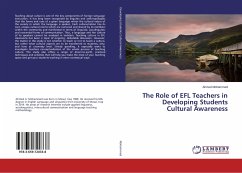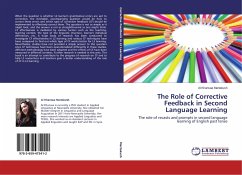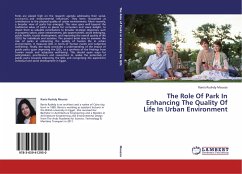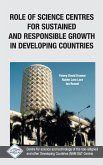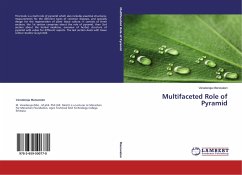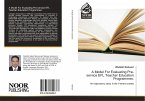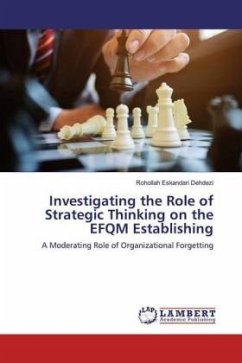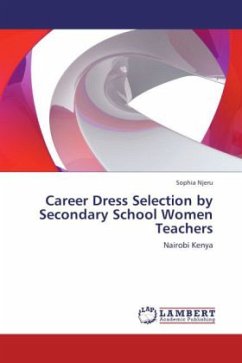Teaching about culture is one of the key components of foreign language instruction. It has long been recognised by linguists and anthropologists that the forms and uses of a given language mirror the cultural values of the society in which the language is spoken. Each culture/nation has its own unique cultural norms which are nurtured and shared by its members within the community and manifested in terms of linguistic, paralinguistic and nonverbal forms of communication. Thus, a language and the culture of its speakers cannot be analysed in isolation. Teaching culture in EFL classrooms has been a topic of ongoing, debatable discussion. However, the matter in this study is not whether to teach or not to teach a culture, but rather what cultural aspects are to be transferred to students, why, and how at university level. Strictly speaking, it especially seeks to investigate teachers conceptualisation of the whole process of teaching culture. The study also offers a range of down-to-earth, practical techniques and activities that will help you make the most of your teaching space and get your students working in more contextual ways.

